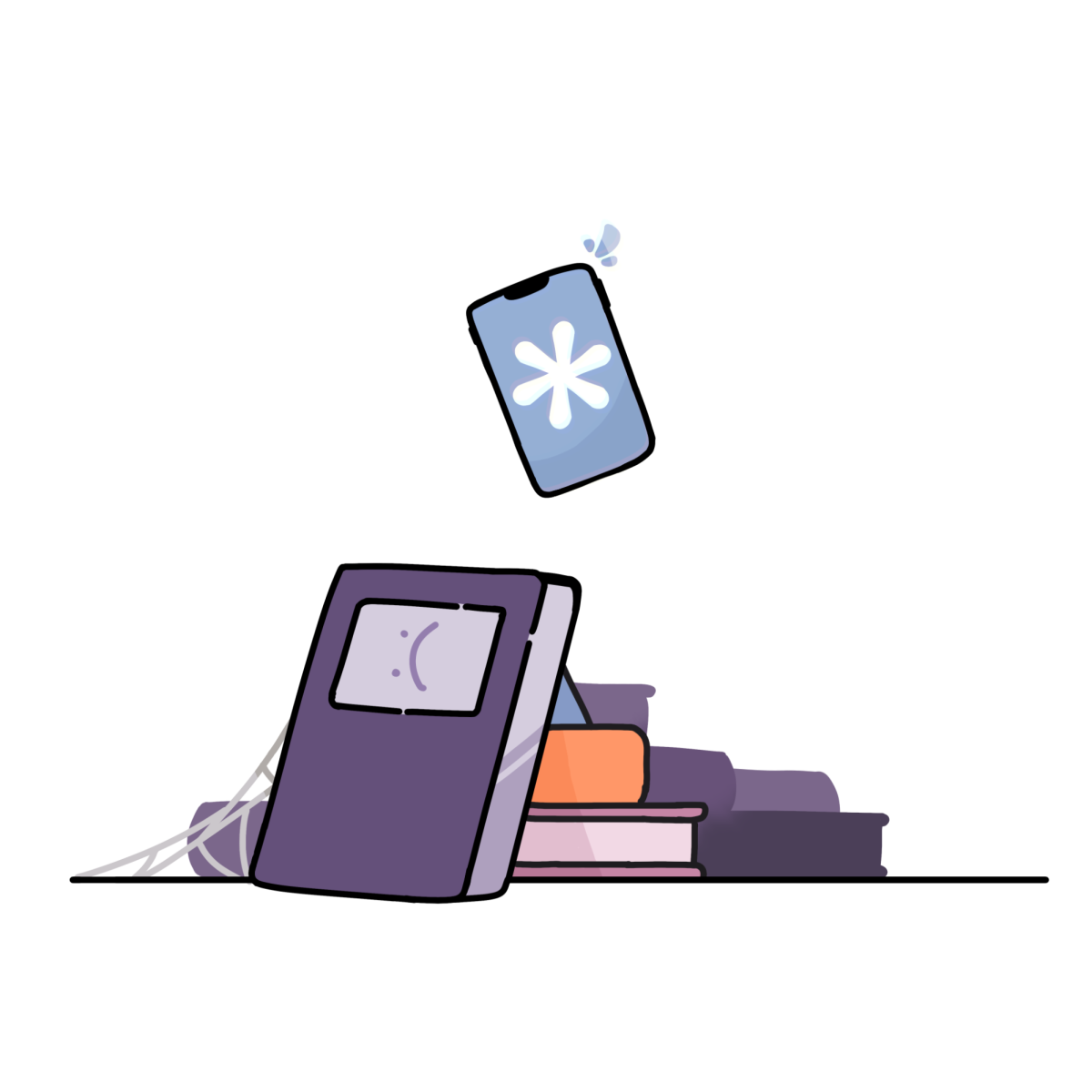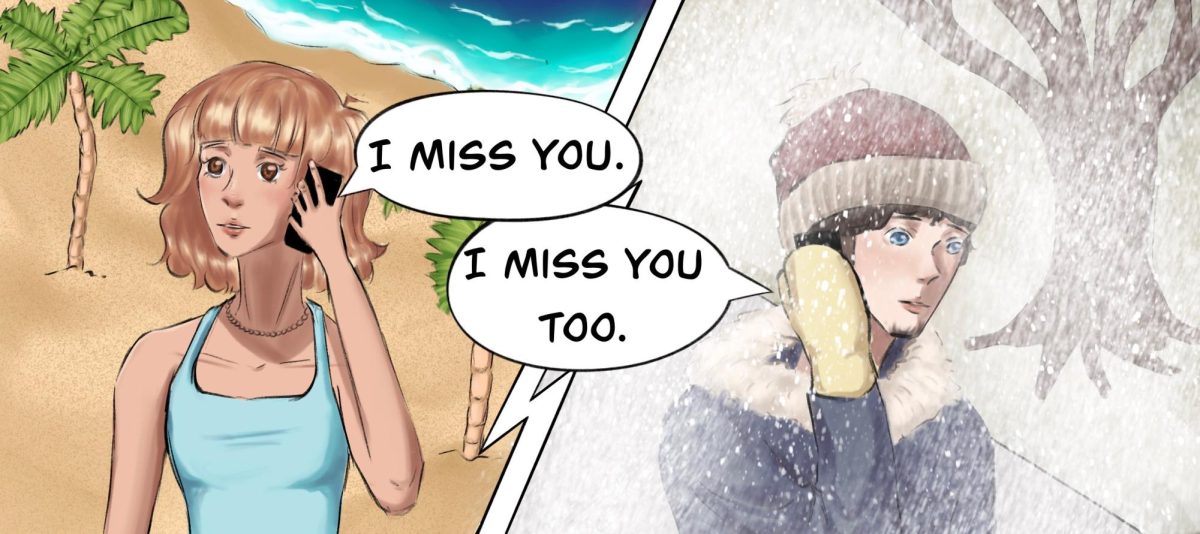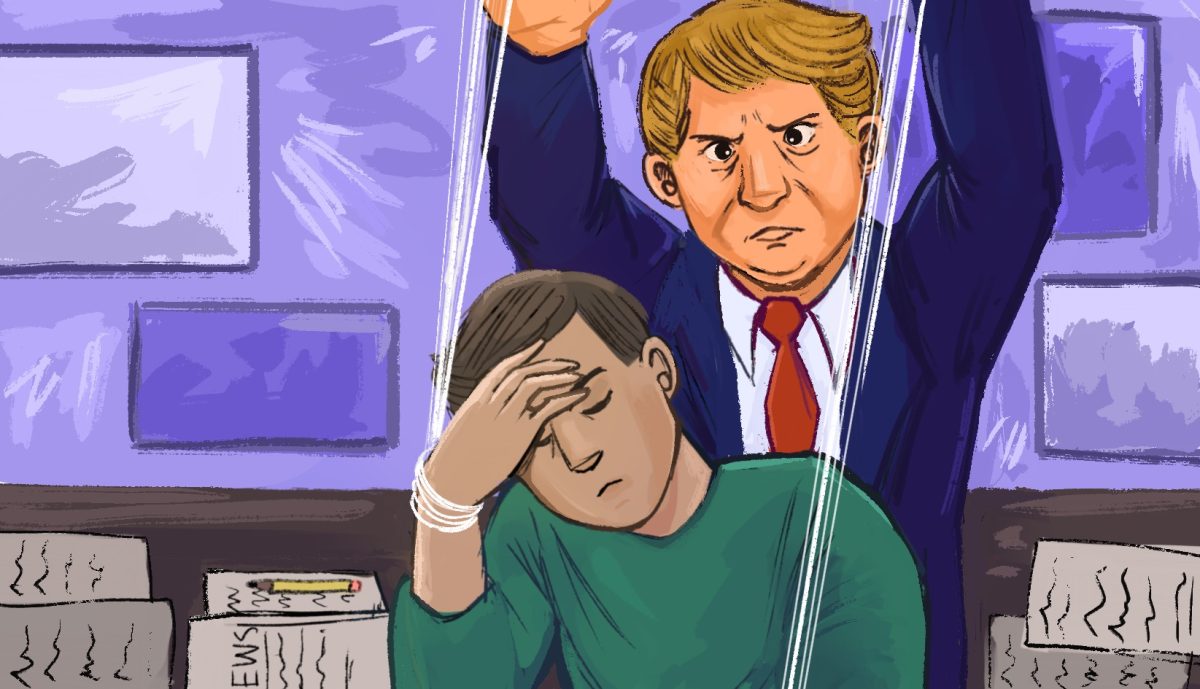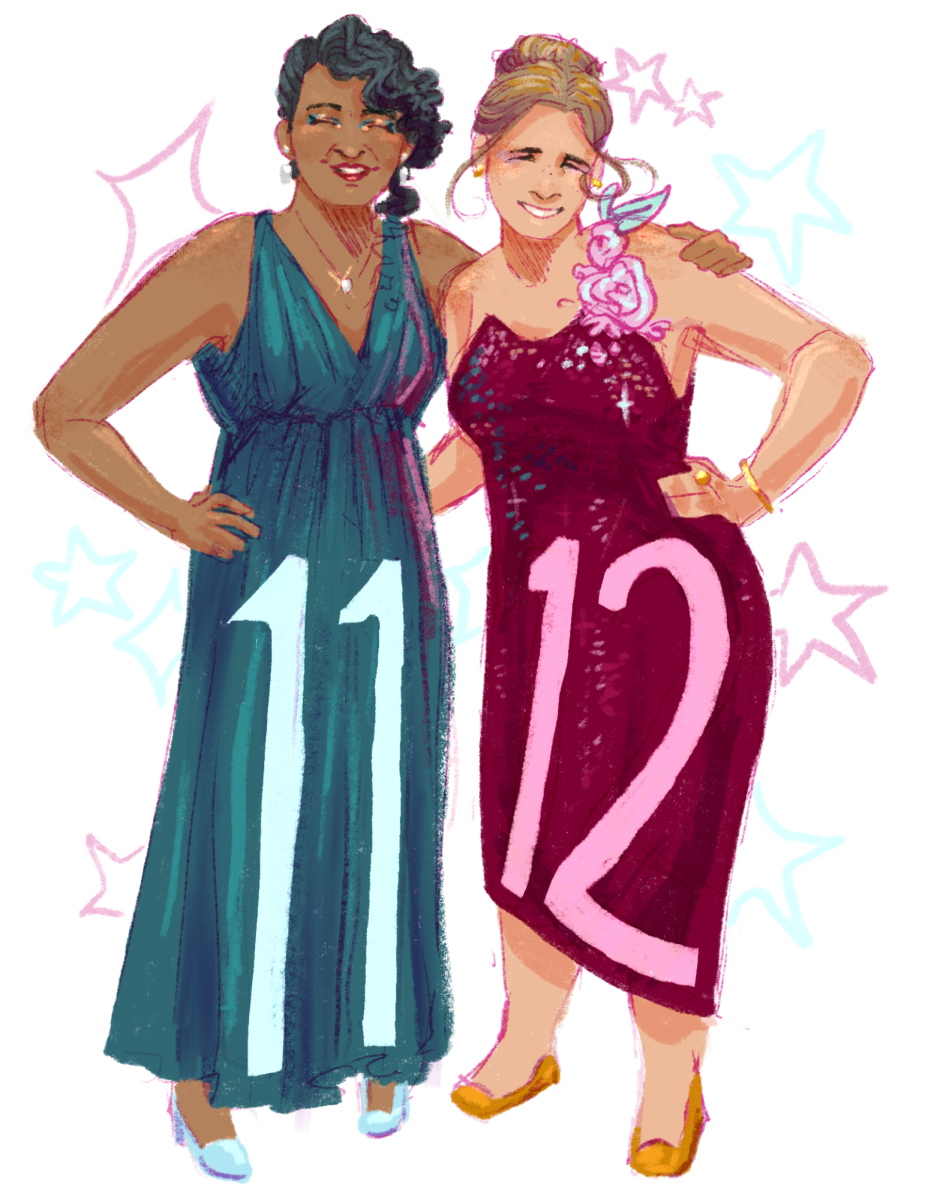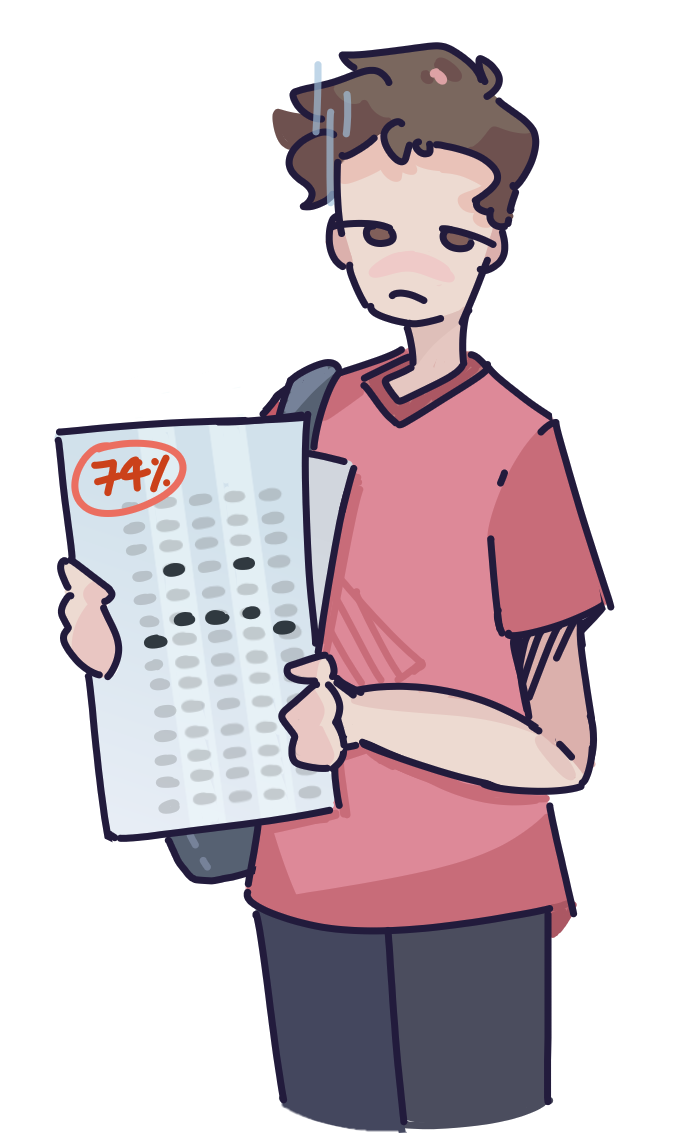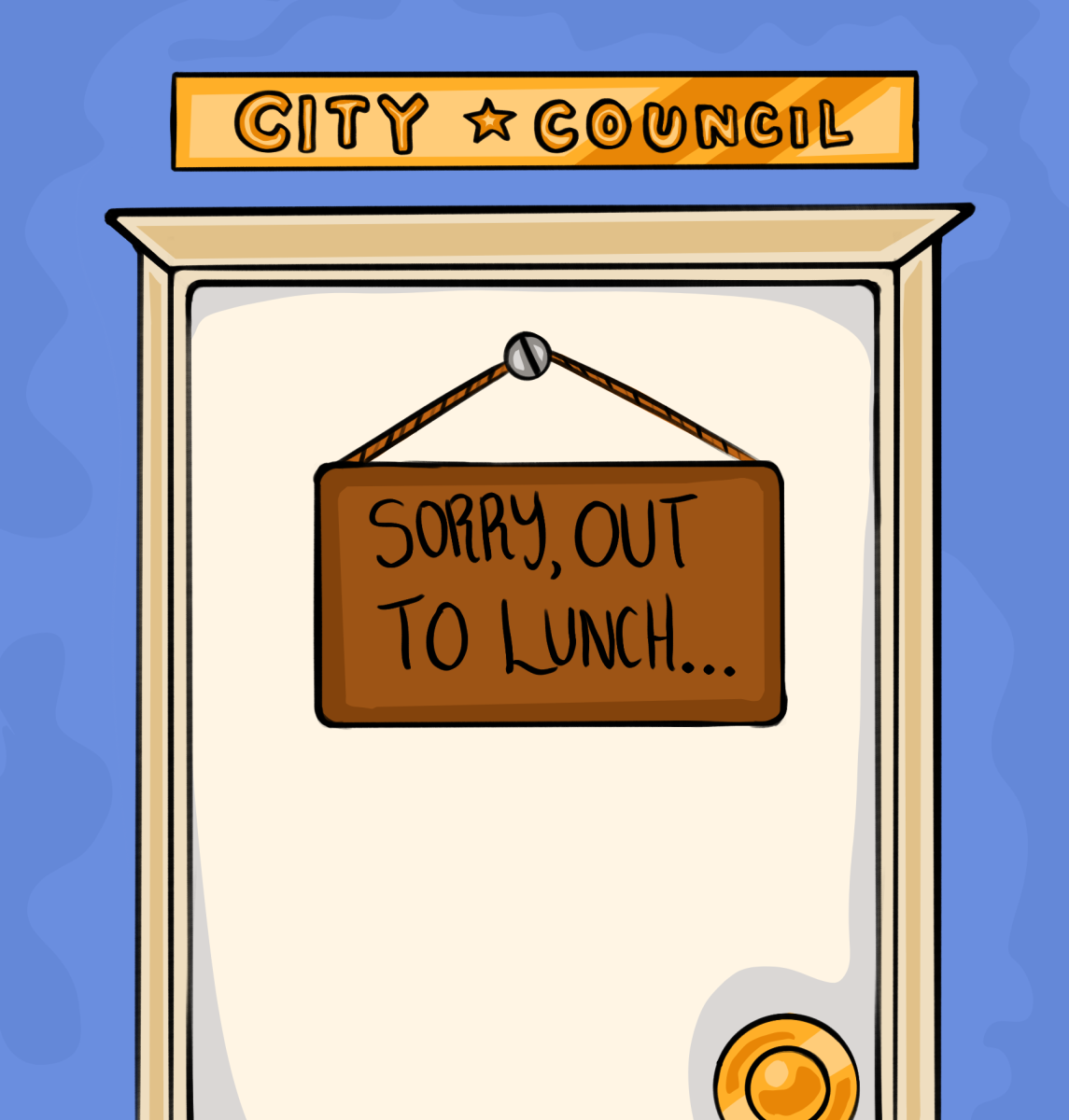Students have used SparkNotes for quick book summaries since its inception in 1999. Originally named “TheSpark.com,” SparkNotes was created by four Harvard students. The website provides study guides for famous literature, poetry, history, and film works. It quickly garnered popularity and soon expanded its database to include study guides for biology, philosophy, physics, and more. Today, the website is known for its summaries of commonly-read literature. “We help [students] understand books, write papers, and study for tests. We’re clear and concise, but we never leave out important info. As SparkNotes editors, our mission is to help you make sense of confusing schoolwork,” the SparkNotes website said.
But, as the website has grown in popularity, it has also gained much criticism.
Because SparkNotes provided easy-to-access study guides for school-assigned books, concerns about cheating arose. However, SparkNotes doesn’t condone academic dishonesty, and its editors state that they don’t support it. “We’re here to help you learn, not to help you cheat. Our literature guides and the books they analyze are meant to be read. They are not intended to be copied on tests or papers,” the site reads.
While it can be easy to fall into the understanding that all students don’t care about doing readings, it’s essential to view the situation from all sides. It’s safe to say that all high schoolers are always balancing more than five things. It’s a struggle; sometimes, we don’t have time to sit down and read our assigned chapters. There’s been many times when I’d rather fall onto my bed than into another book.
Although I’d never felt confident with simply reading the SparkNotes summary of assigned chapters of Invisible Man, it’s better than throwing my sleep schedule out of rhythm. I can still go to school the next day, confident that I have a surface-level understanding of the chapters.
Also, in the case that I destroy my sleep schedule and choose to read my chapters, I can use SparkNotes to check if I have a good understanding of the various literary devices, thematic ideas, and other hidden meanings in the text. “I think in terms of writing your essay, it can definitely be cheating because students can easily plagiarize words, but for just plain understanding and analysis of the book, that’s fine,” senior Mandy Kao said.
In contrast, when students solely use SparkNotes in place of their books, students miss numerous learning opportunities. If students were to take the time to read a book and carefully annotate it, they would be able to improve their reading comprehension and enhance their analytical skills. When they use SparkNotes, they’ll fail to develop those skills and set themselves up for failure. While I can achieve a sufficient surface-level understanding of Invisible Man, chapters 5-7, from SparkNotes, I still need help understanding every single little nuisance in Ralph Ellison’s monster of a book. And in a book where deep literary analysis is called for, using SparkNotes will get you nowhere. It definitely didn’t get me that far.
Students also use other literary resources such as LitCharts. Like SparkNotes, LitCharts offers accurate descriptions of texts that provide surface-level plot summaries and in-depth analyses of symbols and themes. “My teachers have recommended LitCharts as well. They have pretty good study guides when you’re preparing for a test or another summative,” senior Ellie Huber said.
Resources like SparkNotes and LitCharts can positively impact students’ learning and lead to better material retention. Still, there is concern that cheating can arise. Ultimately, the responsibility to use such resources wisely and appropriately remains with the students.
This piece was originally published in Zephyrus’ print edition on November 30, 2023.

